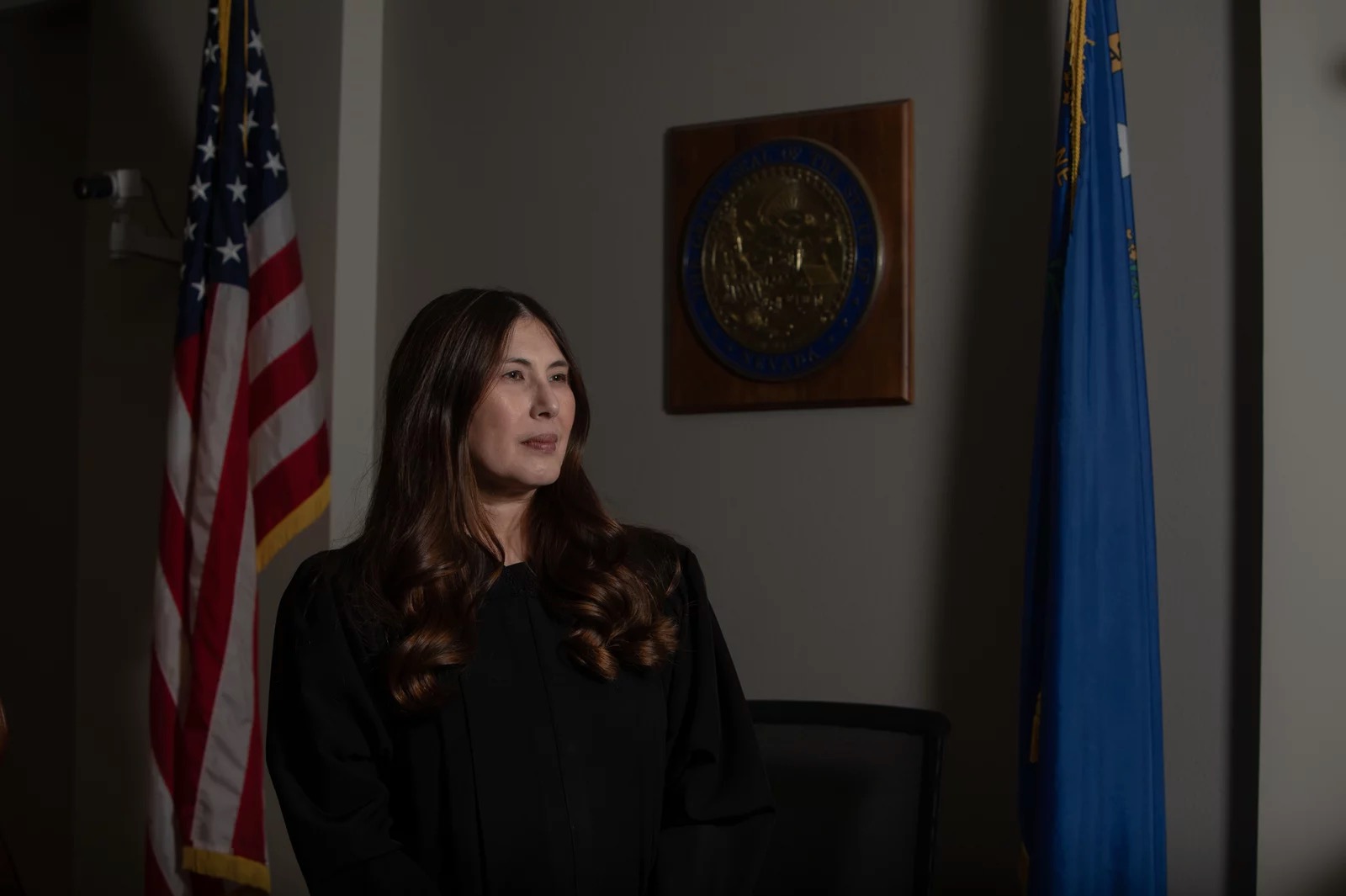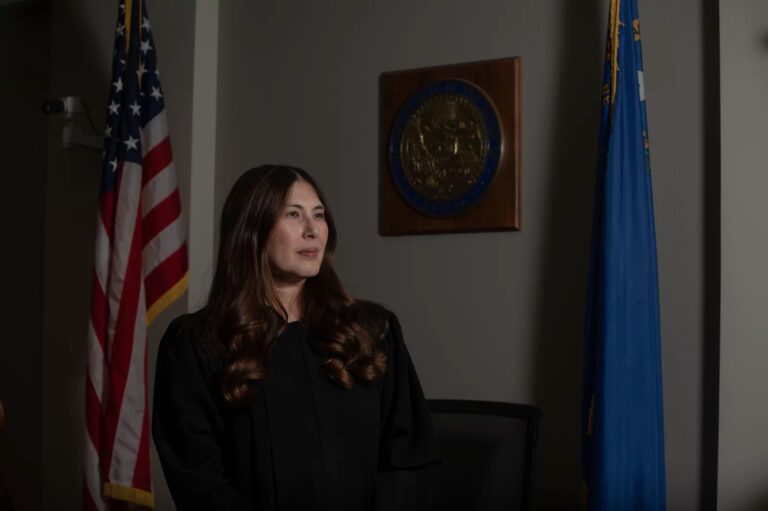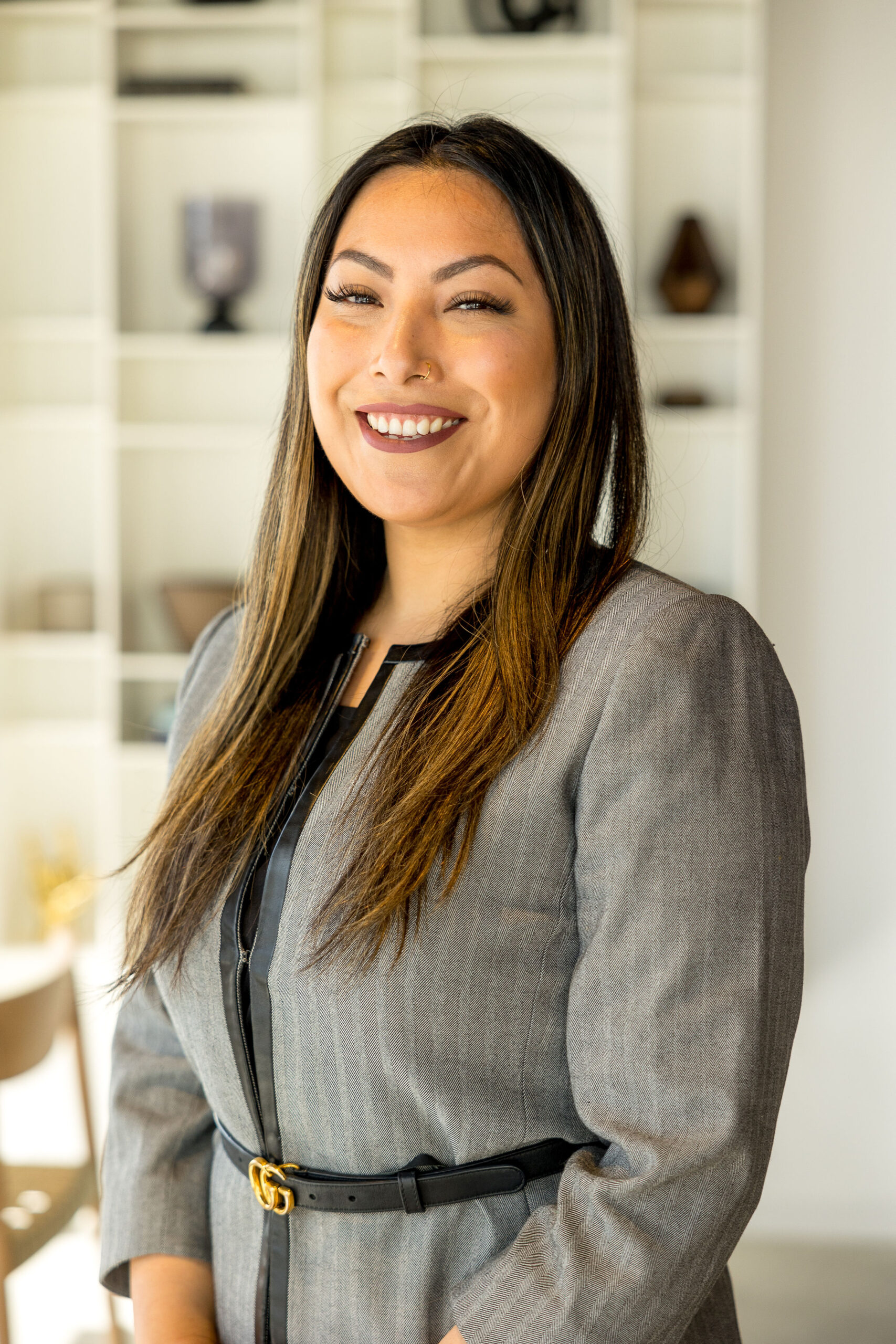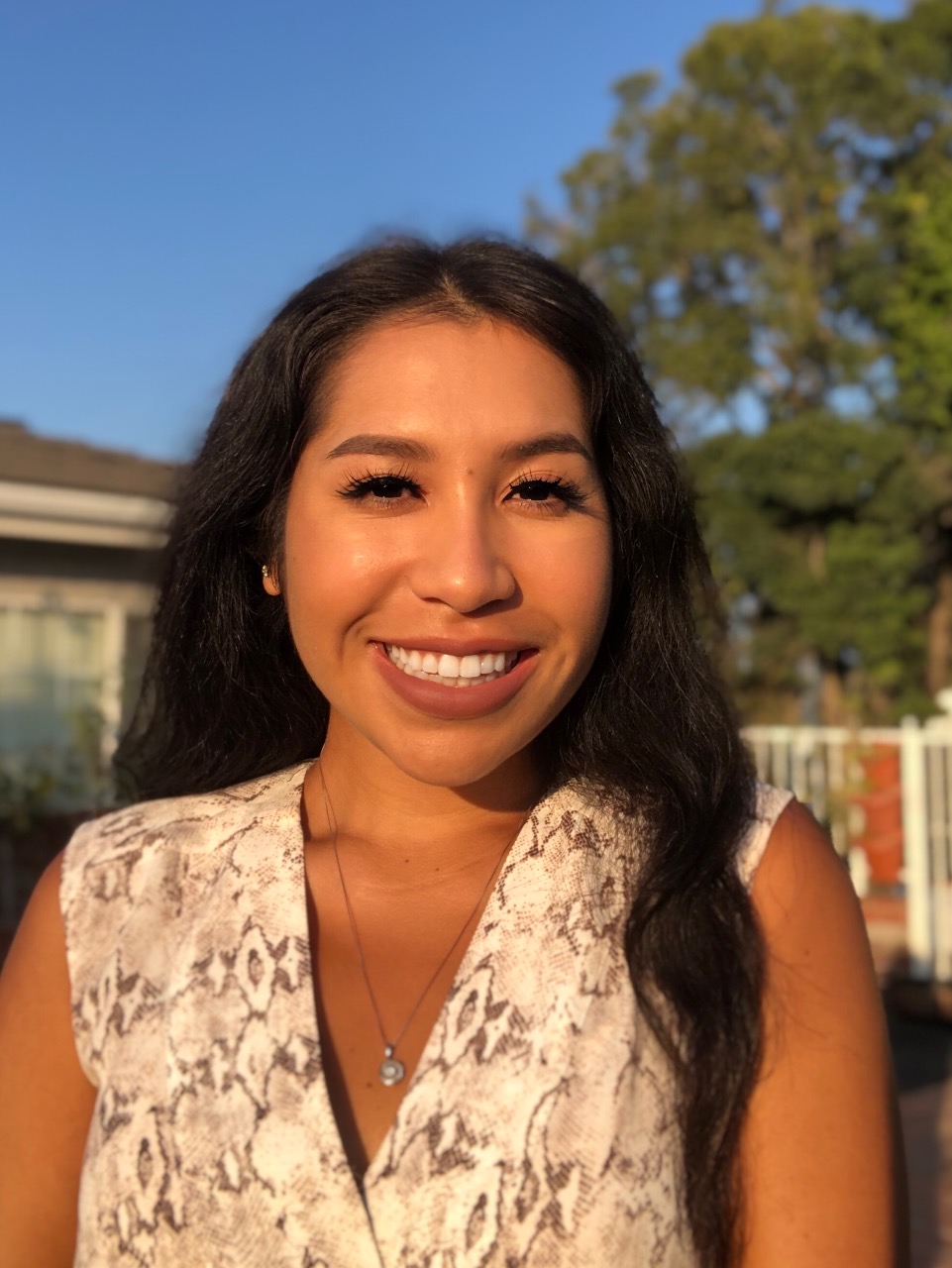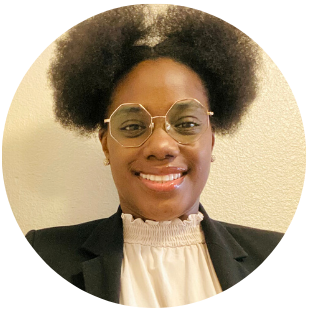Lawyers just won a huge settlement to help students struggling from the pandemic
More Of This
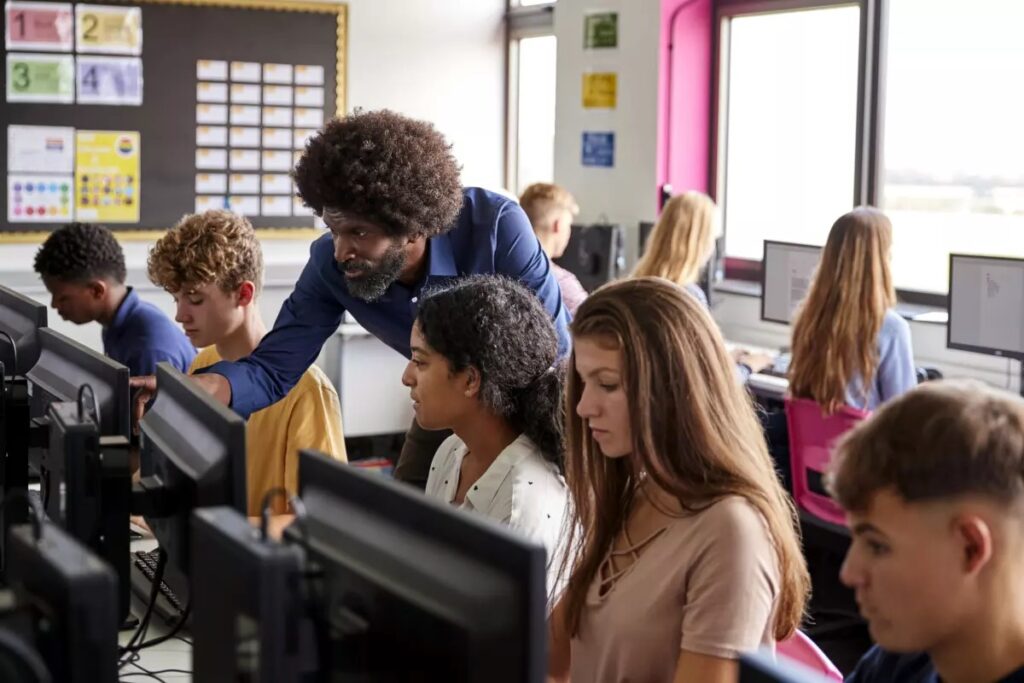
This article features the work of Public Advocates, a ChangeLawyers Legal Aid Fund grantee.
A landmark settlement announced Thursday sets new accountability rules for how California public schools are to spend $2 billion to help students recover from pandemic learning setbacks: Educators must rely on proven academic strategies and track progress, which will be publicly disclosed — and if parents are not satisfied, they can file complaints.
The agreement brings an end to sweeping litigation that dates from the fall of 2020, when students were learning remotely from home, with campuses closed because of safety concerns. The lawsuit was silent on the merit of school-based COVID-19 safety measures and campus shutdowns. But it argued that students fell behind during online schooling and the state was not doing enough to remedy the harm.
Read the rest on LA Times
This judge wants to make the justice system work better for kids with autism
Speaking Of...
Melody O’Connor is grateful her teenage daughter Angeleena O’Connor was arrested in the winter of 2022.
“Isn’t that a horrible thing to say?” Melody said.“
It wasn’t the first time Angeleena had the police called on her. The first time was more than four years earlier – when she was 12.
Angeleena is now 16 and the police have been called to her house more than 40 times over the past four years, including once for a violent incident in which Angeleena grabbed a steak knife and held it to her mother’s face, Melody said.
Read the rest on NPR
How the Federalist Society conquered the American legal system
Less Of This
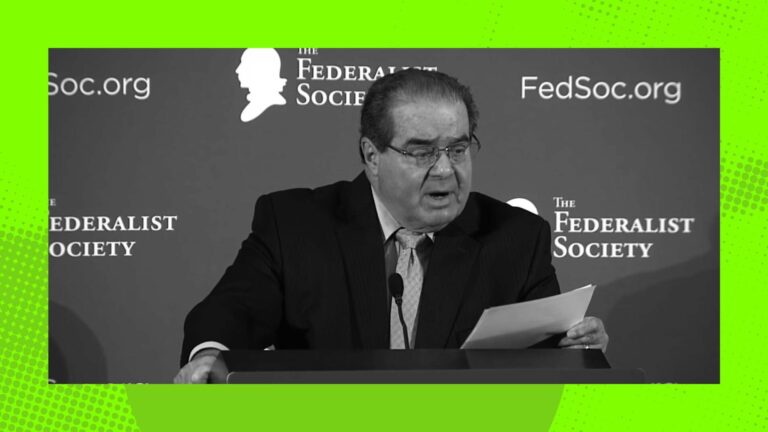
This is an interview with Amanda Hollis-Brusky, a professor of political science at Pomona College and author of Ideas With Consequences: The Federalist Society and the Conservative Counterrevolution.
For years, the Federalist Society has operated as the engine of the conservative legal movement: a sprawling, well-connected network that funnels conservative law students into clerkships for conservative federal judges who crank out conservative legal opinions in cases argued by conservative lawyers, all of whom look forward to catching up over drinks together at the next Federalist Society annual national convention.
Things weren’t always this way. The Federalist Society has its roots in the Reagan era, when conservative students at elite law schools concluded that they had lost the fight for the courts, and began searching for a way to return to relevance. But it took several decades of organizing campuses, credentialing academics, grooming judicial hopefuls, and waging a relentless PR campaign—not to mention untold billions of dollars in right-wing dark money—to get FedSoc to where it is today. An estimated 85 percent of the Trump White House’s appeals court nominees were affiliated with the organization, as were all three Supreme Court justices whose names appeared on a list curated by Federalist Society leadership. Compared to the next Republican presidential administration, those percentages will probably be low.
Read the rest on Balls & Strikes




